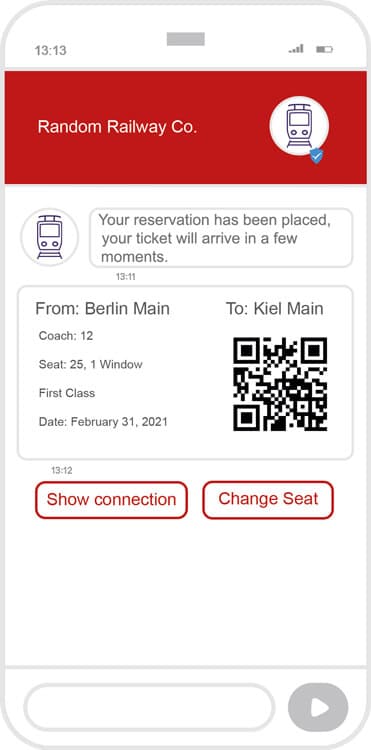Recently I reported in an article about the current state of affairs regarding RCS (Rich Communication Services). I also mentioned how confused and disorganized it was in the past. And I have expressed the suspicion that the (no longer quite) new communication standard will get a much-needed unified organization through Google’s announcement to push the implementation itself now.
Now, however, things became much more complicated, according to the Verge (among others). The four largest network operators in the US – AT&T, T-Mobile, Verizon and Sprint – announced on 25 October 2019 that they are working on their own messaging app to use the standard. What’s particularly remarkable is that despite the statement that they are cooperating with Google on the implementation, Google’s reaction speaks a different language. Judging by the company’s significantly delayed response, the announcement came as much of a surprise to them as it did to the public.
